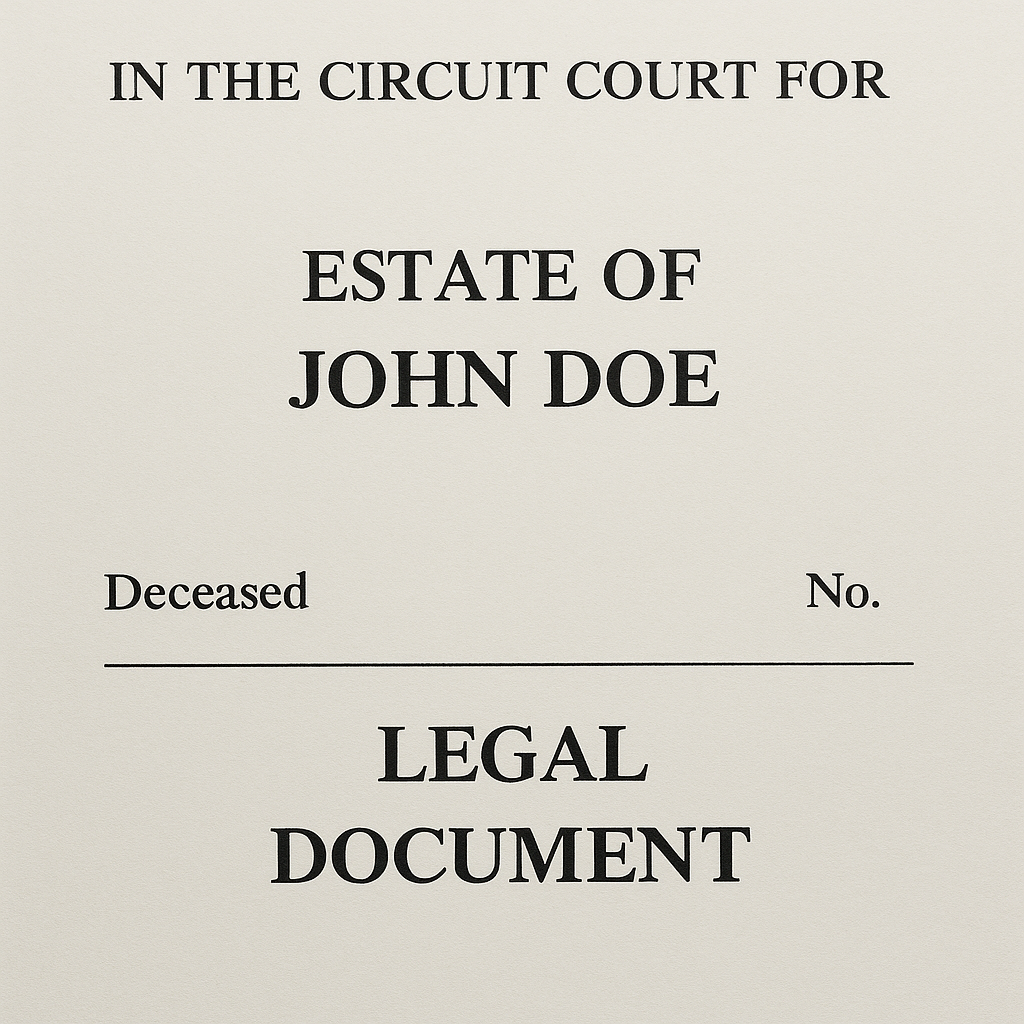it can get a little tricky. Here’s a simple explanation of how homeowners insurance typically works when the house is owned by “the estate” of someone who has passed away:
✅ 1. The deceased’s homeowners insurance policy usually continues temporarily.
When the homeowner dies, their existing homeowners insurance doesn’t immediately cancel. It usually stays in force while the estate is being settled, as long as premiums continue to be paid.
- The insurer should be notified of the death.
- The policy might be amended to reflect that the home is now owned by “The Estate of [Deceased’s Name].”
✅ 2. The estate becomes the “named insured.”
After notifying the insurance company, they will often endorse (update) the policy to make “The Estate of [Name]” the insured party, instead of the deceased person.
✅ 3. Risk changes — vacant homes are treated differently.
If the house becomes vacant (no one is living there regularly), vacancy rules kick in:
- Many homeowners policies limit or reduce coverage if a home is vacant for more than 30–60 days.
- Theft, vandalism, and water damage might not be covered after a period of vacancy.
- In that case, the estate should ask about buying a vacant home insurance policy to properly cover the property.
✅ 4. Coverage continues until the home is sold or transferred.
The estate will keep paying for the insurance until:
- The home is sold, or
- It’s legally transferred to heirs or a new owner.
At that point, a new policy needs to be issued in the new owner’s name.
✅ 5. If the estate forgets to update the insurance, there could be problems.
If no one notifies the insurance company of the death, there could be issues with:
- Claim payments (the insurer could deny claims if ownership wasn’t updated).
- Lapsed coverage if premiums aren’t paid.
Quick Tip:
It’s always smart for the executor of the estate to call the insurance company right after the death to explain the situation and ask about keeping the property insured properly until everything is settled.

Leave a Reply